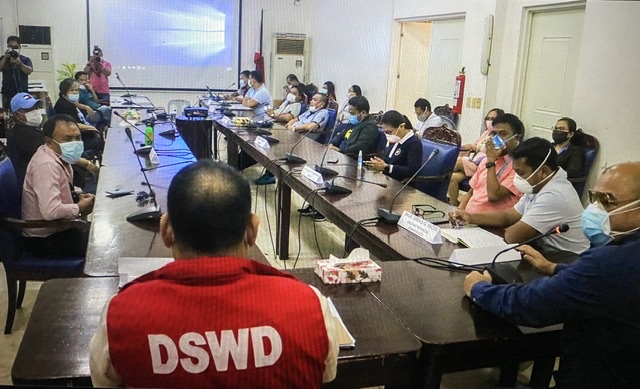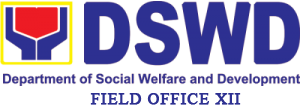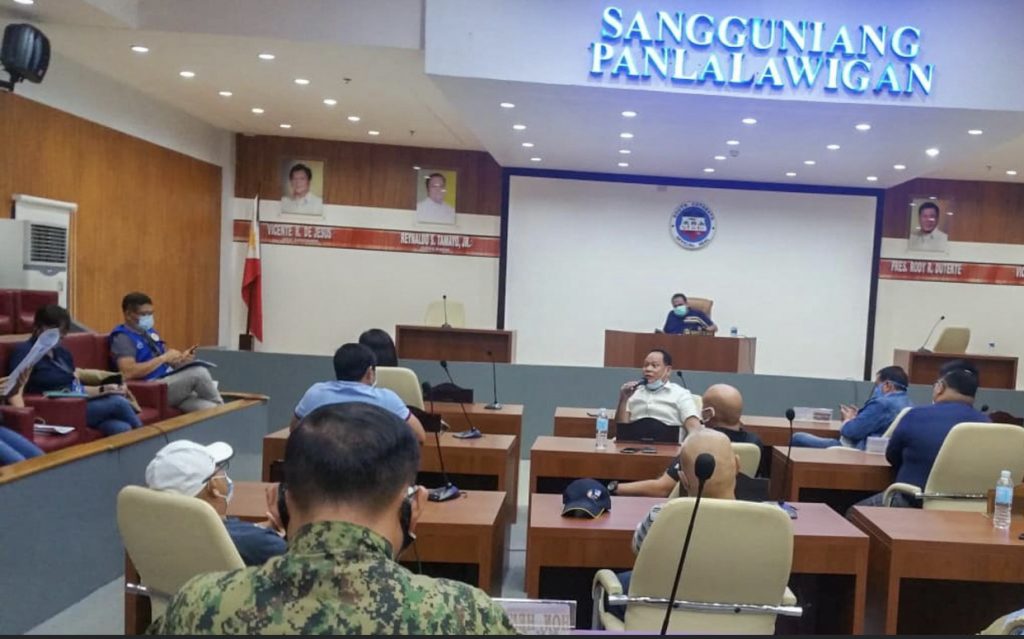KORONADAL CITY — The Department of Social Welfare and Development (DSWD) has started the roll out of its social amelioration Measures on Monday. The program aims to alleviate the plight of the most affected residents in Central Mindanao by reason of the region-wide lockdown to contain the fast-spreading novel coronavirus or COVID-19.

Cezario Joel Espejo, DSWD-12 regional director, in a meeting with the governor of South Cotabato province, Reynaldo Tamayo Jr. and the mayors of the province, explained and discussed the Joint Memorandum Circular (JMC) No. 1 Series of 2020 guidelines on the Provision of Social Amelioration Measures to the most affected residents of the Areas under Enhanced Community Quarantine” under MC 04 Series of 2020.
Pursuant to the “Bayanihan to Heal as One Act”, the program is the executive department’s exercise of its special power “to effectively respond to the challenges of 18-million poor families. The program will allow the DSWD to provide two-month cash grants to ease the effect caused by the COVID-19 global pandemic.”
Under the JMC No. 1, Series of 2020 which were signed by the Department of Social Welfare and Development, Department of Labor and Employment, Department of Agriculture, Department of Finance, Department of Budget and Management, and the Department of Interior and Local Government, a two-month cash assistance will be given per family, including those covered by the Pantawid Pamilyang Pilipino Program (4Ps).
Citing the guidelines for Social Amelioration Measures, Dir. Espejo also mentioned that financial grants under Assistance to Individuals in Crisis Situation (AICS) will be given directly to beneficiaries included in DSWD-generated lists, through food assistance and outright cash pay-outs that will be implemented by the local government units.
In determining the beneficiaries for the Social Amelioration program, the agency will provide the LGUs with the soft copy of the SAC form to be distributed to residents belonging to the formal sectors.
The head of the family will fill out all the necessary information in the form and must ensure to provide the documents needed.
Once completed, a barangay team member will collect one copy of SAC to be submitted to local government units for consolidation and encoding in the municipality/city database before formally submitting at the DSWD Field Office. The remaining copy of SAC shall be kept by the family for reference and monitoring of authorities.
“The SAC will also serve as a monitoring tool to avoid duplication of delivery of services and only rightful beneficiaries shall receive the assistance,” Dir. Espejo said.
Asked how the assistance will be given, Dir. Espejo said that “It might either be door-to-door or per beneficiary in specific distribution points provided by the LGUs to expedite the process.”
On the implementation of the Social Pension, DSWD will provide LGUs with its master lists of pensioners; LGUs will deliver the grants within seven (7) days upon the receipt of lists while the agency shall monitor and document the distribution.
For Social Pension, beneficiaries will receive their unpaid assistance for 2019 and first quarter of 2020 through LGUs.
Dir. Espejo assured that the Department will provide Technical Assistance and Resource Augmentation (TARA) to LGUs in addressing the needs of their constituents.
“Basically, we explained to our partner-LGUs the process and protocols of the Social Amelioration Program,” Dir. Espejo said, adding the monetary component may be used by residents to buy basic food, medicine, and hygiene essentials.
Within the week, the DSWD will continue meeting other local chief executives in the Provinces of Sultan Kudarat, North Cotabato and Sarangani to discuss similar guidelines of the government’s assistance.
“It will mitigate the socio-economic impact of health crisis and the enhanced community quarantine to our partner beneficiaries, particularly the solo parents, senior citizens, persons with disability, pregnant and lactating mothers, and other vulnerable groups of people,” Dir. Espejo explained. (JBM / DSWD)

